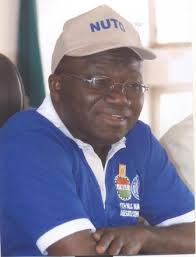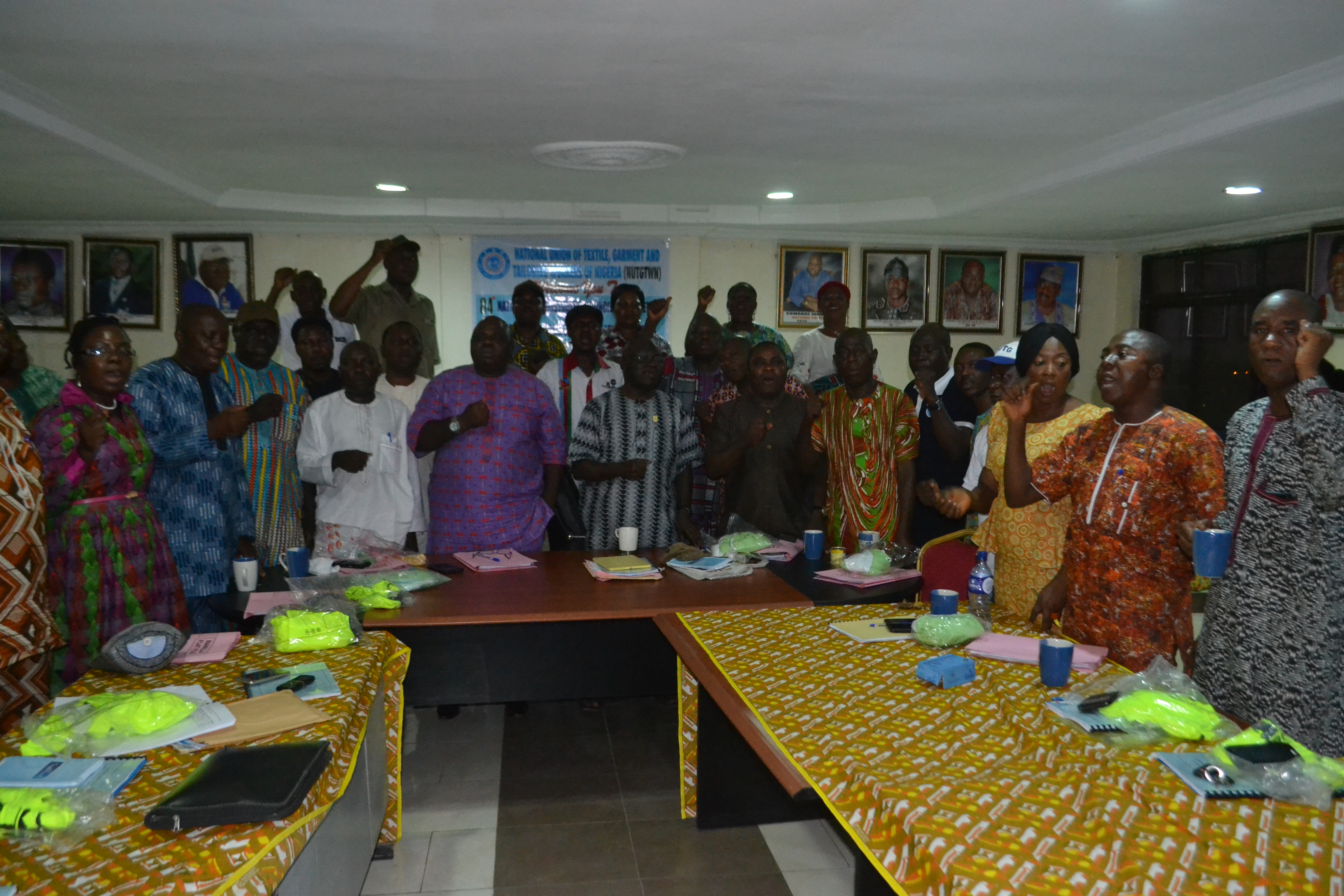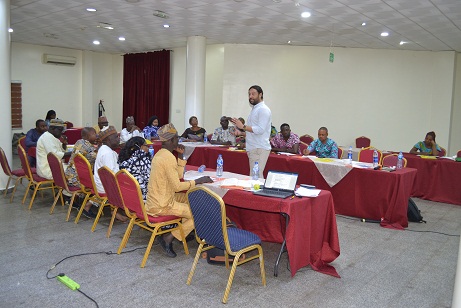
This week, President Muhammed Buhari jets out again (certainly the President suffers no fuel scarcity like his compatriots!). The latest China’s visit undoubtedly will raise the noise level of the President’s frequent global tours against the background of Socio-economic challenges at home the most damning being the crisis of supply of petrol. Whatever the worth of this singular trip many thanks to His Excellency, Gu Xiaojie, the Chinese Ambassador to Nigeria, who in a 1000 word counts laid bare some thoughts about China-Nigeria.
I search in vain for a similar articulated perspective from Nigerian presidency about the significance of president Buhari’s trip within the context of Sino-Nigeria relations. There is no discernable perspective from Nigeria about what it wants from decades long engagement with China. China does not pay lip service to liberal democratic buzz words; transparency and accountability. But remarkably on this note, China is more accountable and open than Nigeria on the bilateral relations between the two countries. You don’t engage when it is not clear what the terms of engagement are all about to your citizens who legitimately must have some suggestions and inputs.
So it is purely China’s initiative while Nigeria simply accepts? I bet that soonest there will be invitations from India or Turkey. Pray how many bilateral invitations will our president honour in a four-year term? She who has the initiative certainly sets the agenda. What is Nigeria taking to China? Or true to our ever entrenched culture of dependency on handouts what is Nigeria bringing from Beijing this time around? Reportedly the Chinese President Xi Jinping met with President Buhari twice last year inclusive of the celebrated Forum on China-Africa Cooperation (FOCAC) in Johannesburg during which “issues of common concern” were discussed, “wide-ranging agreements” reached.
What then is so urgent that the President will resume a week long working duty in faraway China not at home in Abuja? The absence of openness and accountability has given room to cheap partisan diatribe by the unofficial governor of opposition. Why would an inclusive legitimate information about Nigerian engagement with China be made an exclusive media news?
The departure of the president with a large delegation of governors and ministers on Sunday follows the familiar serial safari trips of Presidents Obasanjo, Yar’Adua and Goodluck Jonathan with little to show for the time and the MOUs Nigeria was uncritically being signed on? A belated statement by the Presidency says President Buhari “is traveling with a long list of needs in the Nigeria’s infrastructure sectors which included power, roads, railways, aviation, water supply and housing”. Sounds pretty familiar. In 2010, President Umaru Musa Yar’ Adua made a week long state visit to China.
Will Buhari’s familiar trip make any difference or further push us into indebtedness? In my previous reflections on engagement with China, I had argued that we must not turn China to another benefactor/imperialist nation. We should not be begging China but copy China for development! Notwithstanding development gap, Nigeria has a lot in common with China and indeed could be another China, just as China used to be like Nigeria. Nigeria is the most populated country in Africa just as China is most populous country in Asia as well as in the world. In development parlance we are talking of two largest markets in the world. But while China is one huge working and productive house, Nigeria is a container dumping economy.
Paradoxically the two countries are undergoing reforms. But while China’s reforms are delivering on promise, Nigeria’s reforms are far from the expectations. China just like Poland ignored the so-called Washington Consensus (devaluation, uncritical privatization, trade liberalization, removal of subsidy) as promoted by IMF and the World Bank and went for creative alternative local policies that reflect national priorities. China employs “gradualist approach” to reforms compared to “shock therapy approach” of Russia which uncritically privatised public enterprises without addressing fundamental issues of goods and service delivery. China appreciates the imperatives of labour-intensive industries for a populous nation. Nigeria is boastful with enclave sectors like Telecoms, banks and oil and gas but the labour absorption is therein insignificant. On the contrary China holds on to textile and agricultures where millions are employed. What is good for China is good for Nigeria; macroeconomic stability and protection of domestic market. The issue is not to be romantic with China but to, be “strategic” with China just as China has been strategic in its dealings with Africa. It is said that President Buhari and his delegation will also “tour the Shanghai Free Trade Zone and the Guangzhou Economic and Technological Development Zone to gain more useful insights and understanding of the policies that underpinned China’s astronomical economic growth in recent years”. When they are back they should also visit Bompai industrial estate in Kano, Kakuri/Nassarawa industrial estates in Kaduna, Ikeja/Ilupeju industrial estates in Lagos. Let their investment charity start at home!







